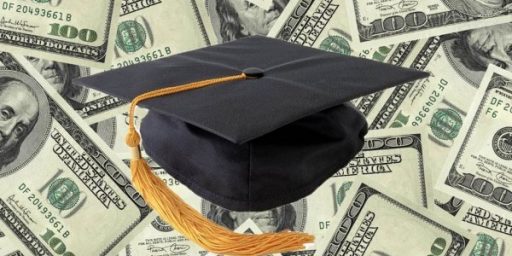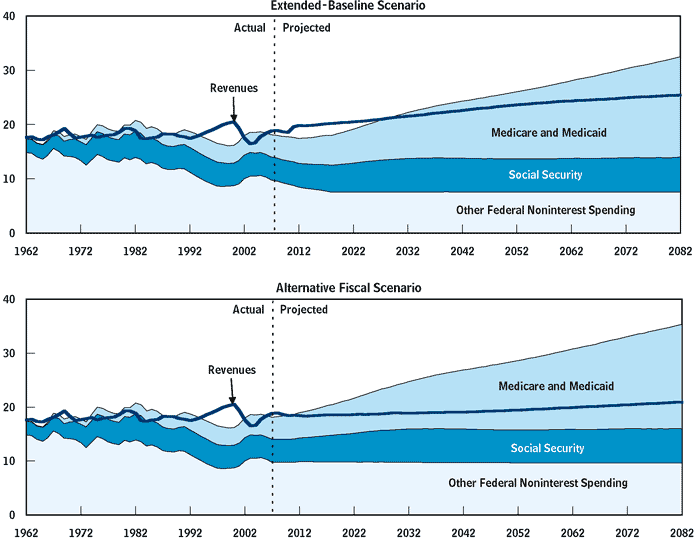Government Spending Increases Unemployment
Harvard Business School research finds that increased government spending leads pivate companies to reduce staff and investment:
[C]ompanies experienced lower sales and retrenched by cutting payroll, R&D, and other expenses. Indeed, in the years that followed a congressman’s ascendancy to the chairmanship of a powerful committee, the average firm in his state cut back capital expenditures by roughly 15 percent
Politically-driven spending crowds out rational profit-motivated expenditures?!? Who would ever have thought such a thing?





The causation explanation doesn’t even begin to make sense when the economy is in the tank and broader unemployment measures are at 10%. When businesses have no business and people have no work, there is no crowding out.
Where do they show causation rather than just correlation? (Assuming, of course, there wasn’t an ideological slant to the data showing correlation in the first place.) They just leap from whatever they think their data show to this:
Even though nothing they studied even purported to look at these issues.
From the report:
“…our effects are strongest when unemployment is low and capacity utilization is high…”
Understatement of the year, I surmise. But even so the author’s coming out and saying that his findings don’t apply to the current economy.